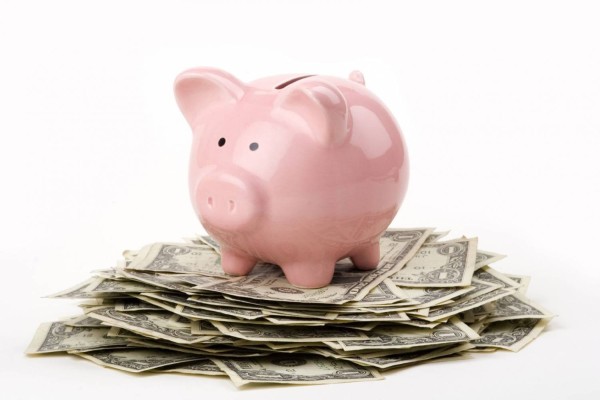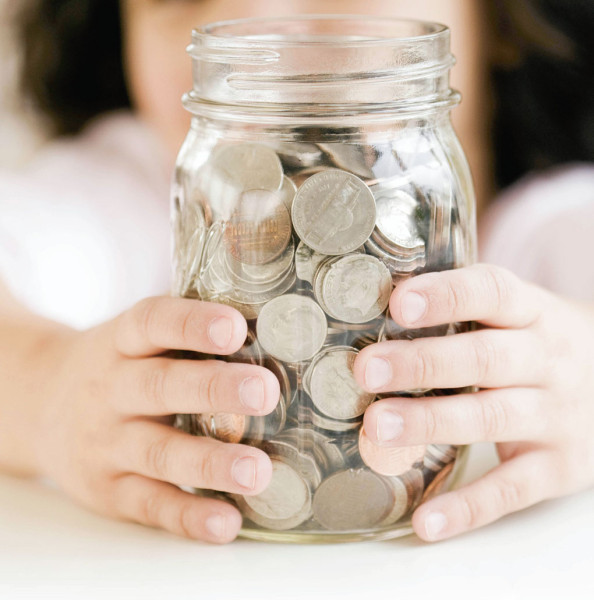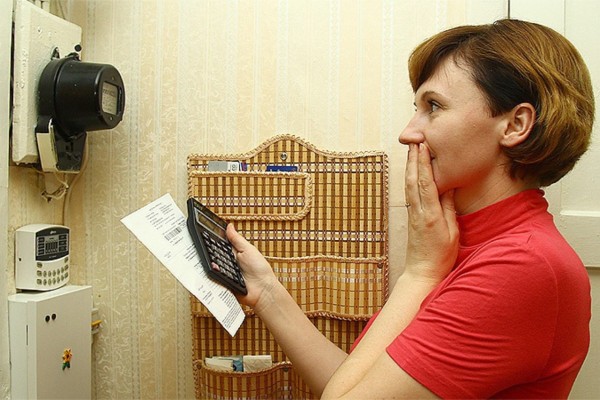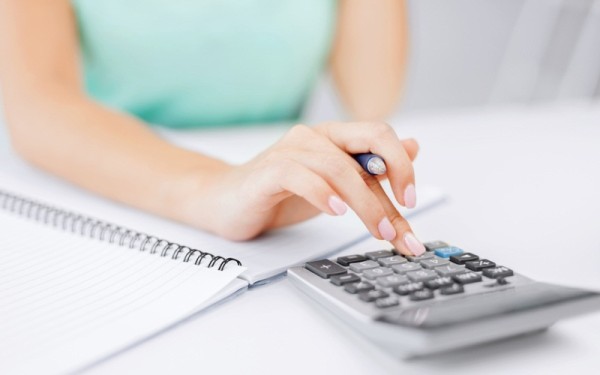How to learn to save so as not to deny yourself anything
In our country, if there is something stable, it is a salary. Everything rises in price, and the incomes of most people remain at the same level. In such circumstances, it will not be superfluous to learn how to learn how to manage the budget wisely so that there is enough money not only for current expenses, but also for savings.
Content
How to learn to save and save
First you need to understand your expenses. To do this, control them - write them down. By the way, the mere fact that you will keep such a record of your expenses will allow you to save a lot. For example, in a store, you can pass by some goodies if you remember that these are expenses that you need to write down in your expense notebook.
 Learn hoard simple enough. Set aside some of your income in a bank deposit. To begin with, let it be 10% of income. As soon as you have the receipt of money, immediately set aside this part for a deposit. It doesn't matter how much it will be. Even if you received $ 10, save $ 1 in savings. It is better if it is a deposit in which partial withdrawals are prohibited. This way you will be less tempted to spend the money you put aside.
Learn hoard simple enough. Set aside some of your income in a bank deposit. To begin with, let it be 10% of income. As soon as you have the receipt of money, immediately set aside this part for a deposit. It doesn't matter how much it will be. Even if you received $ 10, save $ 1 in savings. It is better if it is a deposit in which partial withdrawals are prohibited. This way you will be less tempted to spend the money you put aside.
 This money will then form your reserve fund or rainy day money. This deposit should accumulate an amount that will be enough for six months of your ordinary life. In no case should they be touched. It will be possible to spend them only if for some reason you lose your source of income, for example, you leave your job. Then you will be able to live in peace for a while until you find a new income.
This money will then form your reserve fund or rainy day money. This deposit should accumulate an amount that will be enough for six months of your ordinary life. In no case should they be touched. It will be possible to spend them only if for some reason you lose your source of income, for example, you leave your job. Then you will be able to live in peace for a while until you find a new income.
Learn to save wages
After analyzing your monthly spending, think about what you can give up. First of all, it should be spending on useless things.
Then distribute your salary in this way:
- Set aside some of your salary for utility bills. Think about it here, maybe you can save on something. For example, install meters for water and gas / heating. Payment for these services by counters is much more profitable.
- Payment for mobile communications, internet and television. Think, perhaps, it makes sense to cut costs here too - choose a cheaper package of mobile services or refuse cable TV services and use only the Internet.
- Spending on food and household chemicals. Buy food in hypermarkets, where they are cheaper. Before shopping, make a list and never stray from it. This will help you avoid unnecessary purchases.
- The rest of the money is an item on the purchase of things, medicine and entertainment. Try to keep within the allocated amount. You may have to deny yourself something. But you can console yourself with the thought that you are fully within your budget and not living on debt.
What can you save on
There are several cost items that you can and even need to save on. A significant part of the budget of each family is made up of utility bills. Here you can cut some of the costs. To begin with, as we already advised above, install counters on everything you can. The costs of their purchase and installation will pay off very quickly. But you will get the opportunity to pay less.
Then replace all the light bulbs in the apartment with energy-saving ones, turn off the lights when leaving the room. Switch off all electrical appliances when not in use. Install a two-phase electricity meter and do all the energy-intensive chores in the late hours when electricity is cheaper. Such measures will save up to 30% in electricity costs.
 If you have a car, then consider whether it might be worth changing temporarily to public transport to save money. More than half of your car costs can be saved this way.
If you have a car, then consider whether it might be worth changing temporarily to public transport to save money. More than half of your car costs can be saved this way.
Save on clothes and shoes. Revise your wardrobe. Repair any items that can still be worn. Throw out what already looks unpresentable. Now take another look at the things that remain. Think about how you can combine them. You may need to buy a few things to make beautiful sets. Don't buy clothes and shoes lightly. First, decide what you will wear skirt that you liked so much in the store. Maybe you have nothing for her. Then you will need to buy a blouse, bag, boots, etc. for her, which will result in huge expenses. Or this skirt will gather dust in your closet.
Bad habits. This is the kind of expense item that must be abandoned altogether, no matter how ruthless and cruel it may sound. Switching to cheaper cigarettes or alcohol will ultimately be detrimental to your health. Therefore, in austerity mode, it is better to completely abandon bad habits. As a result, you will only benefit from it.
What you can't save on
There are a few of these things that cannot be economized on. But you can simply optimize costs.
It is very expensive to buy medicines, especially if they are highly advertised products. Before you buy such a tool, find out if it has cheaper counterparts. As a rule, domestic drugs are no worse than such expensive drugs, but they are several times cheaper.
 Be smart about your food costs. First, stop buying fast food. Cook at home, replacing expensive beef or pork with cheaper poultry and fish. Buy food from wholesalers or farmers. They are much cheaper there. Take food with you to work in containers.
Be smart about your food costs. First, stop buying fast food. Cook at home, replacing expensive beef or pork with cheaper poultry and fish. Buy food from wholesalers or farmers. They are much cheaper there. Take food with you to work in containers.
How to manage expenses
There are actually not so many options for keeping track of expenses. Now there are a lot of programs for smartphones or computers that allow you to track your receipts and spending. Just download such a program to your phone and enter all your expenses into it. You can download the same program to your smartphone and computer and synchronize them with each other. Then you can track your spending and money receipts at any time of the day.
 If you do not know how to use such programs or they seem inconvenient to you, start a special notebook and write down your expenses in it. At the end of the month, sum up: how much money did you spend on a particular expense item. An analysis of your costs will show you what you can save on.
If you do not know how to use such programs or they seem inconvenient to you, start a special notebook and write down your expenses in it. At the end of the month, sum up: how much money did you spend on a particular expense item. An analysis of your costs will show you what you can save on.



